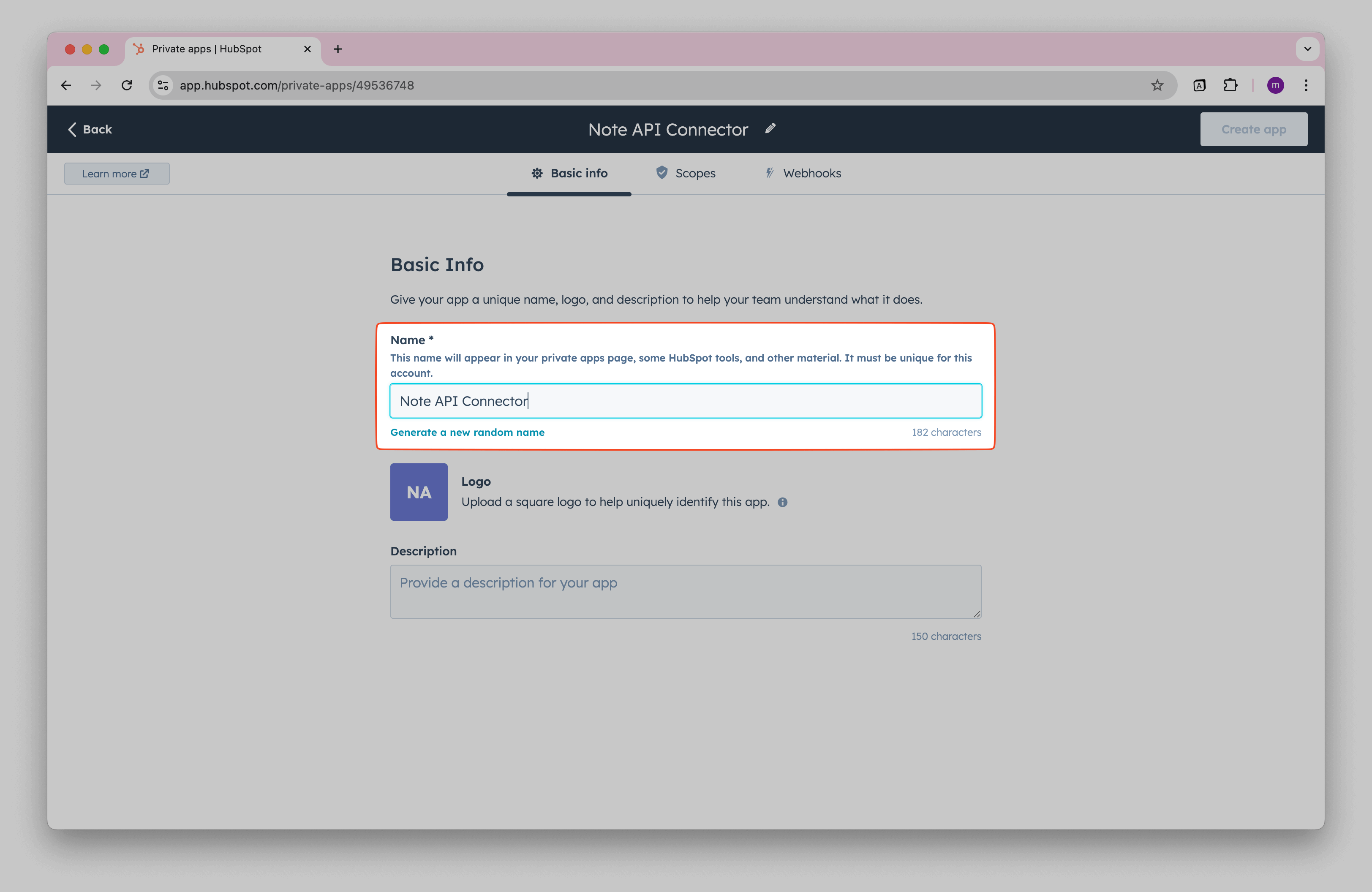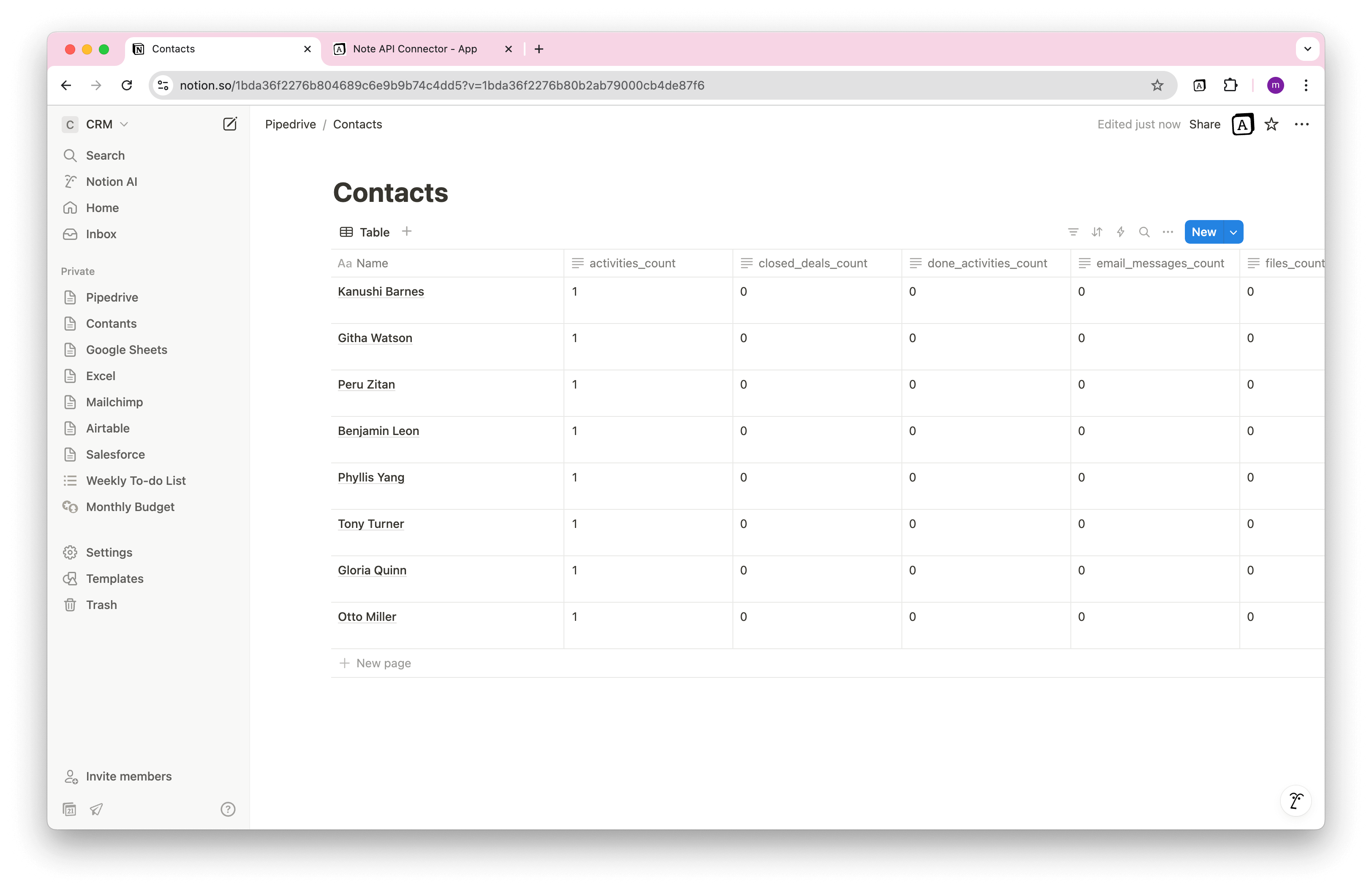Notion Formula: Extract Domain from Email
Email addresses carry a treasure trove of context in the domain. Pull the company name from a lead, group support tickets by client, or auto-tag newsletter subscribers. Instead of hand-copying text, let a short Notion formula do the heavy lifting for you.
In this quick tutorial you'll create a formula property that removes everything before the @.
The end result turns [email protected] into subdomain.google.com,
perfect for CRM segmentation and dashboards.
1. Add the formula property
- Open the database that stores your contacts, users, or email list.
- Add a new Formula property and name it Email Domain.
- Paste the expression below.
replace(prop("Email"), ".*@", "")
Here's what's happening:
replace(prop("Email"), ".*@", "")strips everything up to and including the@, leavingsubdomain.example.com.- Need just the root company? Wrap this formula in another
replace(..., "\\..*", "")to chop off the rest.
2. Put the domain to work
Once the property is in place you can:
- Group views by Email Domain to see which companies drive the most signups.
- Create rollups in a separate Accounts table that summarize active deals per domain.
- Trigger automations or reminders when a high-priority customer submits a ticket.
Tips for cleaner data
- Catch personal emails. Add a checkbox formula that flags common free domains like gmail, outlook, and yahoo so your sales team can follow up differently.
-
Handle subdomains. If you routinely see addresses such as
[email protected], add a secondary formula likereplace(prop("Email Domain"), "\\..*", "")to collapse everything down to the root company. -
Normalize case. Wrap the expression in
lower(trim(...))if you want every domain saved in lowercase without stray spaces.
Frequently Asked Questions
Yes. By default the formula returns the full domain (including subdomains). Add an extra replace(..., "\..*", "") if you need to shorten it to the root.
Wrap the formula in lower(trim(...)) so every result is lowercase and free of stray spaces.
Create a second formula that checks if Email Domain equals values like gmail, outlook, or yahoo. Display an emoji or checkbox when it matches.



